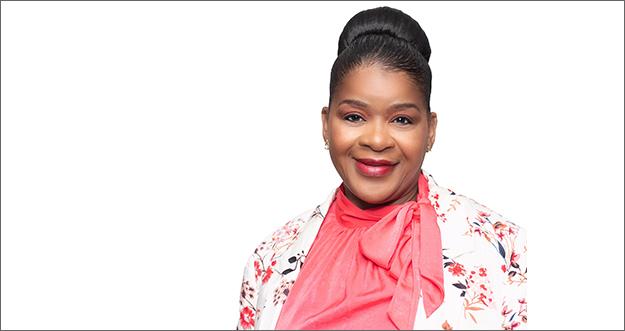What does Women’s History Month mean to you, and why is it important?

March marks a historic event: Women’s History Month, which is important because it highlights the achievement of women both past and present who have helped build and mold this country. Most importantly, women throughout history have created opportunities for me and so many others. This month is an opportunity to learn about our great leaders, activists and pioneers who have worked hard to ensure women are recognized and that future generations will learn (with accuracy) the contributions women throughout the world have made. Women’s History Month empowers young girls around the nation with courage, self-esteem and willpower to walk in our ancestors’ footsteps. Our history will also inspire current and future generations to emulate the women who laid the framework for us to succeed, be treated equitably and be recognized in society.
JRF: Which women inspire or inspired you?
JC: My mother Sara Cutchin was my inspiration. As a young girl growing up in one of the toughest neighborhoods in the nation, my mother taught me to be resilient, prayerful and — in her words — “a go-getter,” pursuing educational and professional opportunities. She laid the framework and steered me through a straight and narrow path to achieve my goal of becoming a registered nurse. Another woman who inspired me was Rosa Parks, an activist who fought for racial equality. I’m also inspired by the legacy of Mary Jane Patterson, who became the first Black woman to receive a Bachelor of Arts and used her education to become the first Black principal in a school district. She worked to establish strong intellectual standards for children.
I also honor and remember Ezra Mohoney, who earned the distinction of being the first Black nurse to earn a professional license in an American school of nursing. Last but far from the least is Supreme Court Justice Ruth Bader Ginsburg. Ginsburg was the first Jewish justice to serve on the highest court. She fought for workers’ rights, women’s rights, gender equality, and countless other human rights that women rely on today. The battle to protect women’s rights continues, but women are resilient and will fight for current and future generations to ensure women will have a permanent seat at the table.
JRF: What do you wish the world knew about nurses?
JC: Nurses are the most trusted professionals in the nation. Therefore, the world should know that nurses (both women and men) care about the whole person. We respect a person’s beliefs, values and personal space. Nurses are not judgmental. We need your trust so we can effectively and safely care about your physical and emotional health. Day in and day out, we strive to have a positive impact on the lives of everyone we come into contact with, as evidenced by the COVID-19 pandemic and other disasters. Nurses are at the forefront of all healthcare and will deliver care regardless of a person’s beliefs, ability to pay, ZIP code or financial status. We are nurses, we are resilient, and our most treasured assets are the people we live and work with. I also want the world and those we come in contact with to trust us; nurses care more about you than you may think we do.